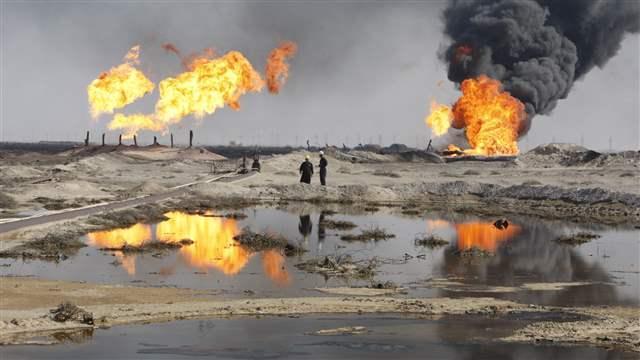
SAUDI PROTECT THEIR MARKET

Saudi Aramco, the kingdom's state oil giant, is seeking to borrow $4.7 billion from banks to refinance capital used to build a refinery in collaboration with China's Sinopec, three sources with knowledge of the matter said on Tuesday.
The funds raised from banks will be used to replace some of the cash Aramco invested to build the 400,000 barrel per day (bpd) refinery at Yanbu on the west coast of the kingdom, and release funds which can then be deployed in other projects.
The refinery is run by Yanbu Aramco Sinopec Refining Co (Yasref), with its ownership split 62.5/37.5 percent between Aramco and Sinopec, and its products include 263,000 bpd of diesel and 90,000 bpd of gasoline, according to its website.
Aramco referred Reuters to Yasref when it sought comment. Yasref didn't respond to a request for comment.
The seven-year facility will be partly amortising, meaning Aramco will repay part of the principal during the loan's lifespan, according to two of the sources, who spoke on condition of anonymity as the information isn't public.
One of the sources, a Gulf-based banker, said 30 percent of the total repayment would be made at the end of the deal -- a structure known in financing circles as a balloon payment.
Banks have been asked to suggest the interest rate that they want Aramco to pay on the loan, the two sources said, although the company had requested a margin below 100 basis points over the London interbank offered rate (Libor) during informal preliminary talks held with banks.
Bankers viewed that rate as extremely aggressive, especially in the current market where pricing for Gulf loans is on the rise as liquidity at local banks is squeezed and regional economic growth is expected to stumble due to the lower oil price.
"The problem is Aramco did a $10 billion loan earlier in the year and that (low) pricing was supposed to be because it was a relationship-defining transaction," said the second source, at an international lender.
That deal was signed in March with 27 financial institutions and refinanced an existing $4 billion facility at better terms.
-----
More:



